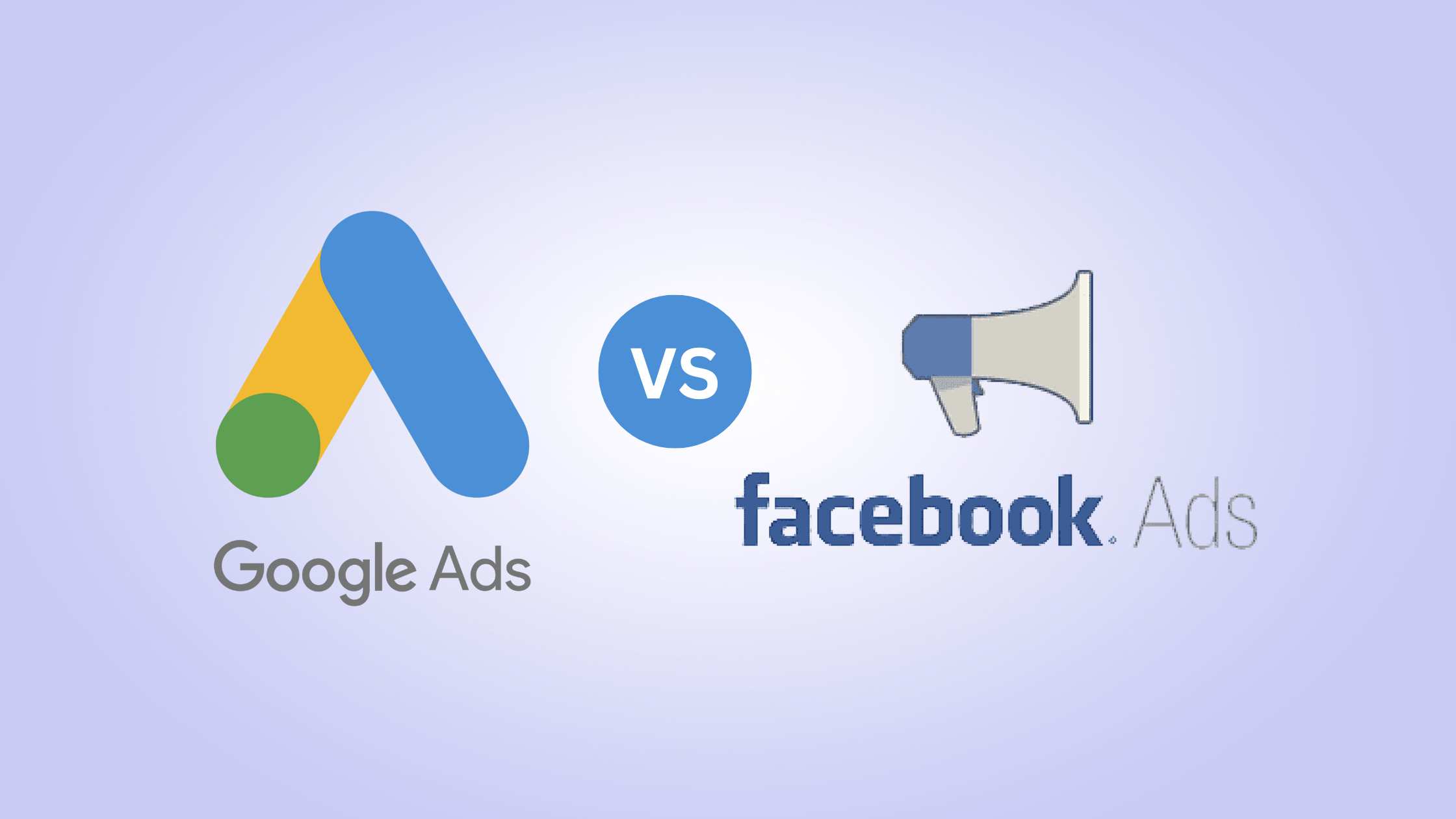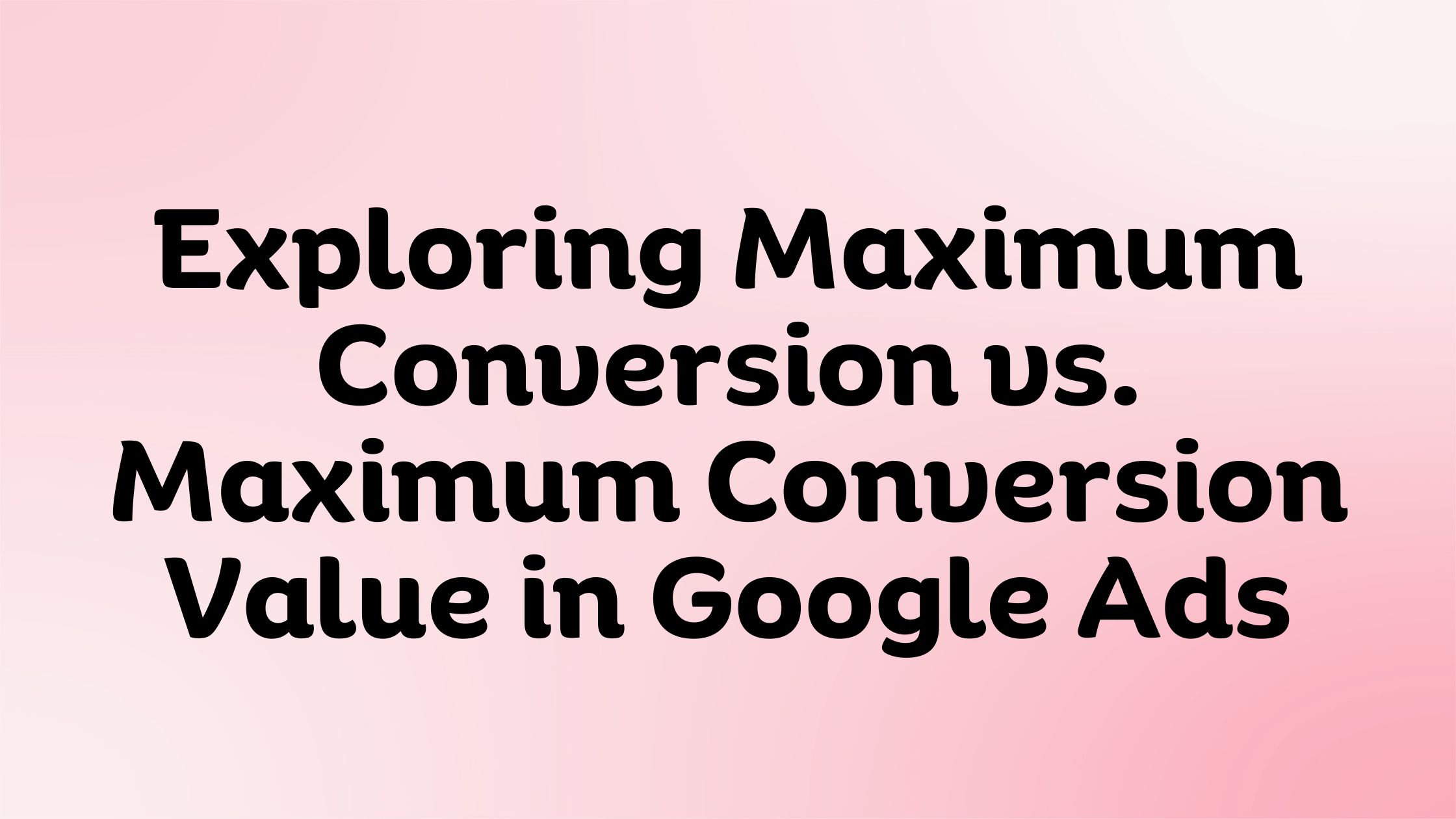In today’s competitive digital marketing landscape, businesses need to make strategic decisions about where to allocate their advertising budget. Two of the most popular platforms for online advertising are Google Ads and Facebook Ads. Both platforms have their own unique features, benefits, and limitations, making it essential for businesses to understand the differences between them and determine which one is the best fit for their specific needs. In this blog post, we will compare Google Ads and Facebook Ads, exploring the key factors to consider when choosing between these platforms.
Targeting Capabilities
Google Ads: Google Ads allows advertisers to target their audience based on keywords, demographics, location, device type, and more. The primary advantage of Google Ads is its intent-based targeting, as users are actively searching for specific products or services, which increases the likelihood of conversions.
Facebook Ads: Facebook Ads offer a wide range of targeting options, including demographics, interests, behaviors, and connections. With Facebook’s vast user data, advertisers can create highly detailed audience profiles, allowing them to reach users based on their online activities and preferences.
Ad Formats and Placement
Google Ads: Google Ads primarily focuses on text-based search ads that appear on the search engine results page (SERP). In addition, the platform also offers display ads, video ads, and shopping ads, which can appear across Google’s Display Network and YouTube.
Facebook Ads: Facebook Ads provides a more diverse range of ad formats, including image ads, video ads, carousel ads, slideshow ads, and canvas ads. These ads can be placed on Facebook, Instagram, Messenger, and the Audience Network, giving advertisers more opportunities to engage their target audience.
Cost
Google Ads: The cost of Google Ads can vary significantly depending on the industry and competition for specific keywords. In general, the platform uses a pay-per-click (PPC) model, where advertisers are charged each time a user clicks on their ad.
Facebook Ads: Facebook Ads also operate on a bidding system, allowing advertisers to set a budget and bid for ad placements. While the overall cost per click (CPC) on Facebook may be lower than Google Ads, it is essential to consider the platform’s engagement and conversion rates.
Conversion Rates and ROI
Google Ads: Google Ads generally delivers higher conversion rates due to its intent-based targeting. Users are actively searching for products or services, making them more likely to convert when they click on an ad.
Facebook Ads: Although Facebook Ads may have lower conversion rates compared to Google Ads, the platform excels at generating brand awareness and engagement. Facebook Ads can be an excellent choice for businesses looking to nurture leads and build relationships with potential customers.
Conclusion:
Choosing between Google Ads and Facebook Ads ultimately depends on your business’s unique needs and goals. If your priority is targeting users with high purchase intent and driving immediate conversions, Google Ads may be the better choice. On the other hand, if you’re looking to build brand awareness and engage with potential customers, Facebook Ads might be a more suitable platform.
In many cases, a combination of both platforms can yield the best results, allowing businesses to leverage the strengths of each platform to maximize their digital marketing efforts. To determine the optimal mix for your business, consider working with a digital marketing agency like Webzya, who can help you develop a tailored strategy that aligns with your objectives and budget.








